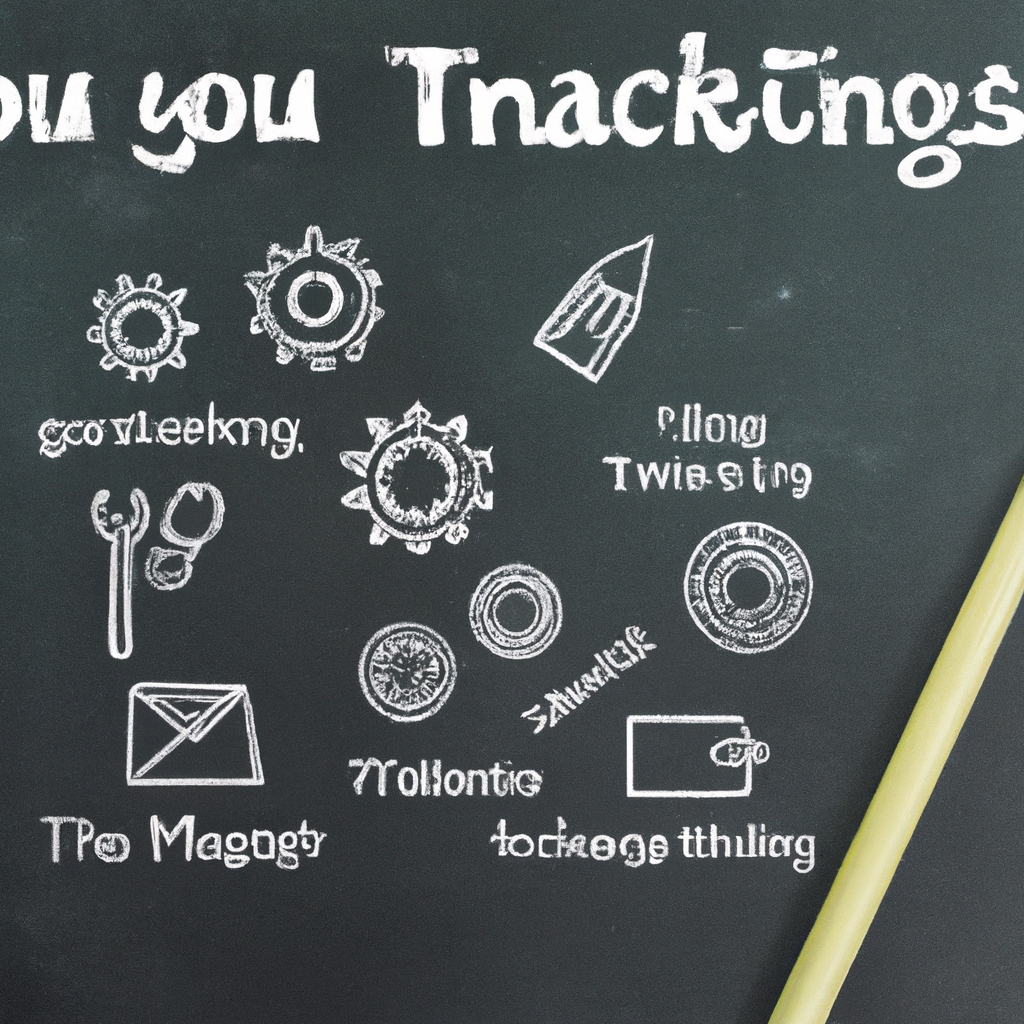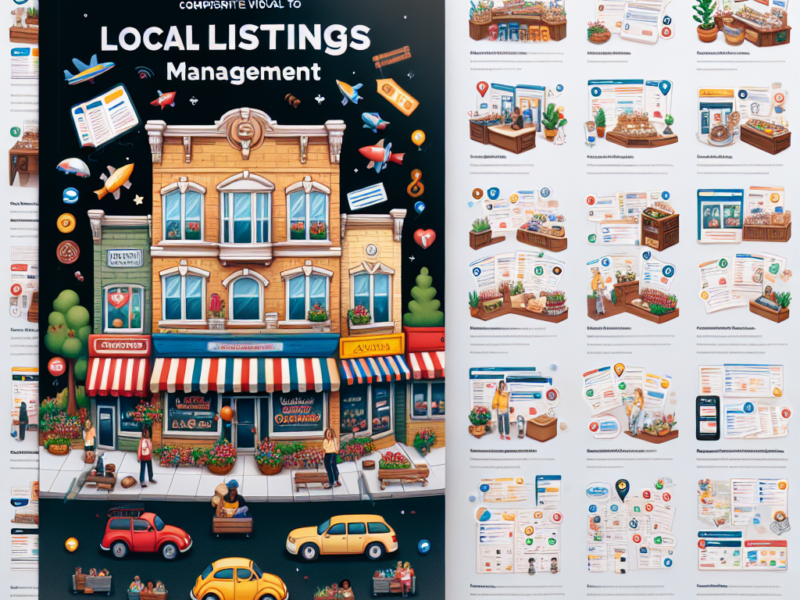-
Table of Contents
- Automating Your Marketing: Tools and Tips
- Understanding Marketing Automation
- Key Tools for Automating Your Marketing
- Email Marketing Automation
- Social Media Automation
- Advertising Automation
- Implementing Marketing Automation: A Step-by-Step Guide
- Best Practices for Marketing Automation
- Case Studies: Success Stories of Marketing Automation
- Case Study 1: E-commerce Giant Uses Email Automation to Boost Sales
- Case Study 2: Tech Startup Enhances Lead Generation Through Automated Webinars
- Future Trends in Marketing Automation
- Conclusion: Key Takeaways in Automating Your Marketing
Automating Your Marketing: Tools and Tips

Marketing automation has revolutionized the way businesses approach their marketing strategies. By leveraging the right tools and techniques, companies can streamline their marketing processes, enhance efficiency, and achieve better results. This comprehensive guide explores various aspects of automating your marketing, providing valuable insights, tools, and tips to help you maximize your marketing efforts.
Understanding Marketing Automation
Marketing automation refers to the software and technologies designed to help marketers capture leads, develop relationships, and move prospects through the sales funnel automatically. By automating repetitive tasks, businesses can focus on strategy and creative initiatives that drive growth.
- Increased efficiency: Automate repetitive tasks like emails, social media posting, and ad campaigns.
- Enhanced personalization: Use customer data to tailor marketing messages and offers to individual needs.
- Better ROI: Track and measure the effectiveness of marketing campaigns and improve them in real time.
Key Tools for Automating Your Marketing
Choosing the right tools is crucial for effective marketing automation. These tools not only automate tasks but also provide insights into customer behaviors and campaign effectiveness.
Email Marketing Automation
Email marketing remains a vital part of a robust marketing strategy. Automation tools like MailChimp, HubSpot, and ActiveCampaign allow businesses to send triggered emails based on specific actions, segment their audiences, and track the performance of each campaign.
Social Media Automation
Tools like Hootsuite, Buffer, and Sprout Social enable businesses to schedule posts, monitor social media interactions, and analyze social media performance across different platforms, helping to maintain a consistent and timely presence on social media.
Advertising Automation
Platforms such as Google Ads and Facebook’s Ad Manager use automation to manage ad campaigns. By setting up rules and parameters, businesses can optimize their ad spend and target audiences more effectively.
Implementing Marketing Automation: A Step-by-Step Guide
Successfully implementing marketing automation involves several key steps:
- Define Your Goals: Clear objectives will guide your automation strategy and help measure its success.
- Select the Right Tools: Choose tools that align with your marketing needs and integrate seamlessly with other systems.
- Set Up Lead Scoring: This helps prioritize leads based on their engagement and likelihood to convert.
- Create Targeted Content: Develop content that addresses the needs and interests of your audience at different stages of the customer journey.
- Monitor and Optimize: Continuously analyze the performance of your campaigns and make adjustments as needed.
Best Practices for Marketing Automation
While tools and strategies are important, following best practices ensures that your marketing automation efforts yield the best results.
- Understand Your Audience: Deep insights into your audience’s preferences and behavior are crucial for creating effective automation strategies.
- Maintain a Human Touch: Automation should not replace personal interactions. Ensure your marketing messages feel personal and genuine.
- Ensure Data Privacy: With increasing regulations like GDPR, it’s vital to handle customer data responsibly.
- Keep Testing and Learning: Regular testing and adjustments based on analytics will help improve your automation strategies over time.
Case Studies: Success Stories of Marketing Automation
Examining real-life examples can provide insights into the practical benefits of automating your marketing.
Case Study 1: E-commerce Giant Uses Email Automation to Boost Sales
An e-commerce company implemented email automation to send personalized product recommendations based on past purchases and browsing behavior. This strategy resulted in a 25% increase in conversion rates.
Case Study 2: Tech Startup Enhances Lead Generation Through Automated Webinars
A tech startup used automated webinars to educate potential customers about their products. This approach helped them increase their lead generation by 40%.
Future Trends in Marketing Automation
The future of marketing automation looks promising with advancements in AI and machine learning. These technologies are expected to enhance personalization, predict customer behavior more accurately, and automate more complex tasks.
- AI-driven personalization
- Predictive analytics
- Increased integration with other business systems
Conclusion: Key Takeaways in Automating Your Marketing
Automating your marketing can significantly enhance your business’s efficiency and effectiveness. By understanding the tools and best practices outlined in this guide, you can set up a successful marketing automation strategy that saves time, boosts ROI, and improves customer engagement. Remember, the key to successful automation is choosing the right tools, understanding your audience, and maintaining a balance between automation and personal touch.
As technology evolves, staying updated with the latest trends and continuously optimizing your strategies will ensure that your business remains competitive and relevant in the fast-paced world of digital marketing.


